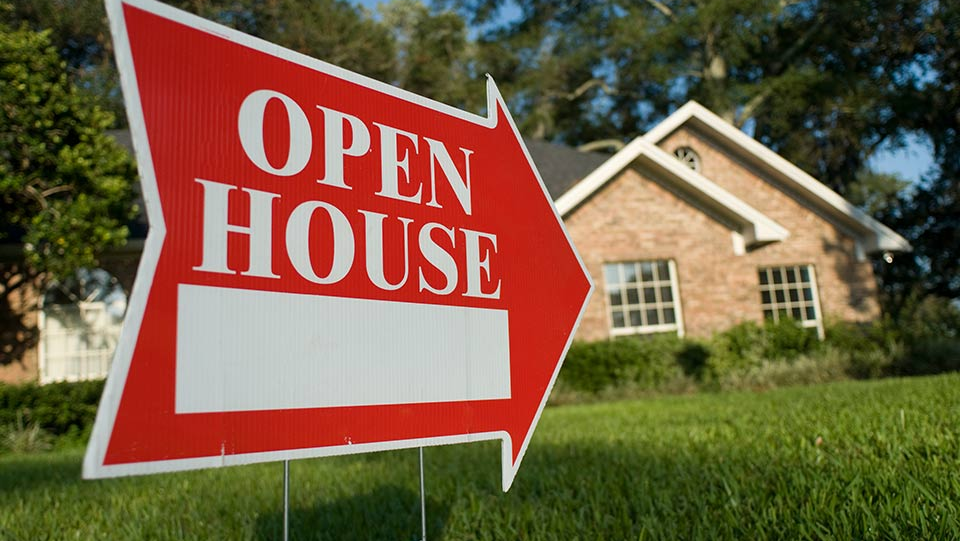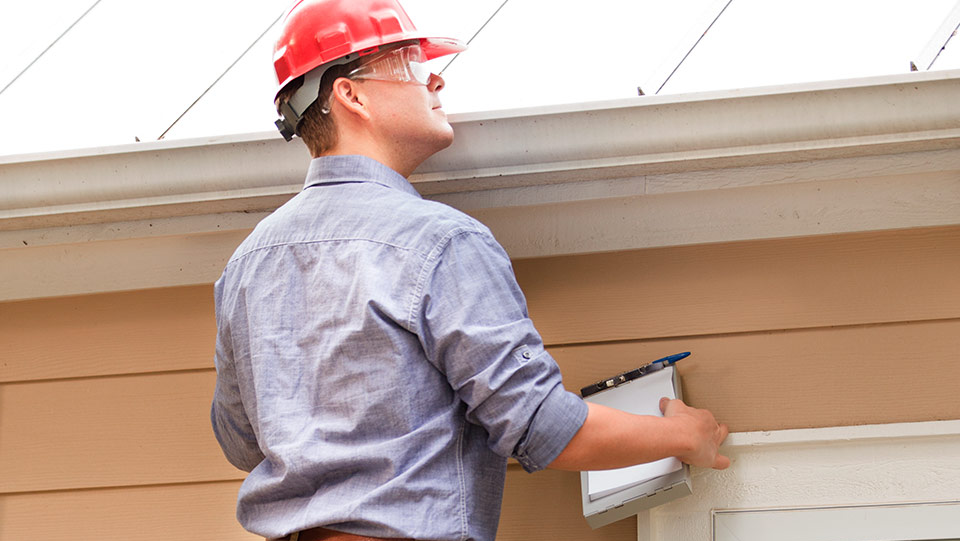How Does Buying a Home with Radon Affect My Potential Purchase?


Buying a home is a huge investment, so it’s no surprise that you’ll want to make some serious considerations before taking the plunge. It’s easy to get caught up in the more superficial aspects of homebuying and fall in love with a house for its appearance or layout, but it’s important to remember that there are some more critical factors that should also be evaluated – some of which are not visible to the naked eye.
The value of a home inspection
That’s where the home inspection comes into play. When you find a home you love and want to purchase, your mortgage lender will typically require you to schedule a home inspection to get an accurate assessment of the home’s condition before it allows you to take out a mortgage. It’s important to choose a licensed, qualified professional who will go through the home with a fine-tooth comb and identify any points of concern that could cause problems now or in the future.
In addition to checking all the home’s systems, such as electrical and plumbing, your inspector may check for potential traces of radon gas, particularly if the house has a basement or if the home is in a high-radon zone (as measured by the standards of the Environmental Protection Agency [EPA]). You may also ask the real estate agent if a radon test has been completed in the past year. If so, you should be able to obtain the results and determine whether or not radon is a concern.
What is radon?
Radon is a radioactive gas that occurs naturally and isn’t caused by chemicals or the home itself. It can seep into homes that have contact with the ground and can be drawn into the house through foundation cracks and other openings due to lower air pressure, which is why homes with basements are more likely to have radon exposure. Being exposed to the gas over time can lead to serious health problems, particularly lung cancer.1
What are the signs of radon in your home?
Unfortunately, radon gas is undetectable without having a radon test, so you won’t know if the home is exposed at first glance. You cannot see, smell or taste radon. Many home inspectors conduct this test as part of the inspection process – and you can always request one if it isn’t offered as a standard test by your home inspector. Since radon is present in every state, it’s a good idea to have the test done.
Is it safe to buy a home with radon?
You may be concerned if you find out the house you want to buy tests positive for radon, but don’t necessarily write off a home with radon exposure if you’ve found a home you really want to buy. There are radon mitigation systems that can safely keep radon at bay. Even high levels can be reduced to acceptable levels, according to the EPA.2 It’s important to note that radon cannot be permanently removed from a home – a mitigation system must be installed and needs to be running at all times to help prevent radon from seeping into the home. If you do decide to purchase a home that tests positive for radon, make sure to choose a reputable, licensed radon contractor to install the mitigation system.
Does radon affect a mortgage or resale?
When it comes to the mortgage process, you can most likely find a lender that will help you purchase a home that has radon gas exposure, provided it can be mitigated, without issue. In terms of the resale value of your home, if you have a properly installed radon mitigation system, it may be viewed as an improvement to the home and can be beneficial for keeping other soil gases at bay as well.
The process of buying a new home is an exciting time, but it’s also a time to ask important questions that can help guide you in the right direction when making a purchase. Once you’ve decided to purchase a new home, be sure to properly protect your investment with property insurance coverage that meets your needs. Contact your agent to learn more about Travelers homeowners insurance.
Sources
1 https://www.epa.gov/radiation/what-radon-gas-it-dangerous
2 https://www.epa.gov/sites/production/files/2015-05/documents/hmbuygud.pdf



